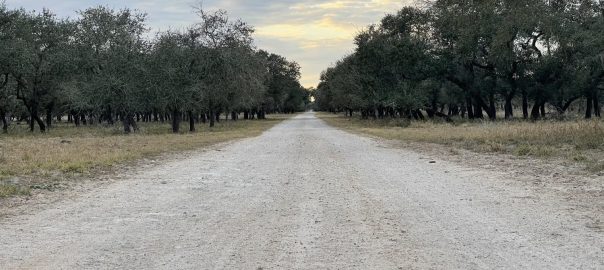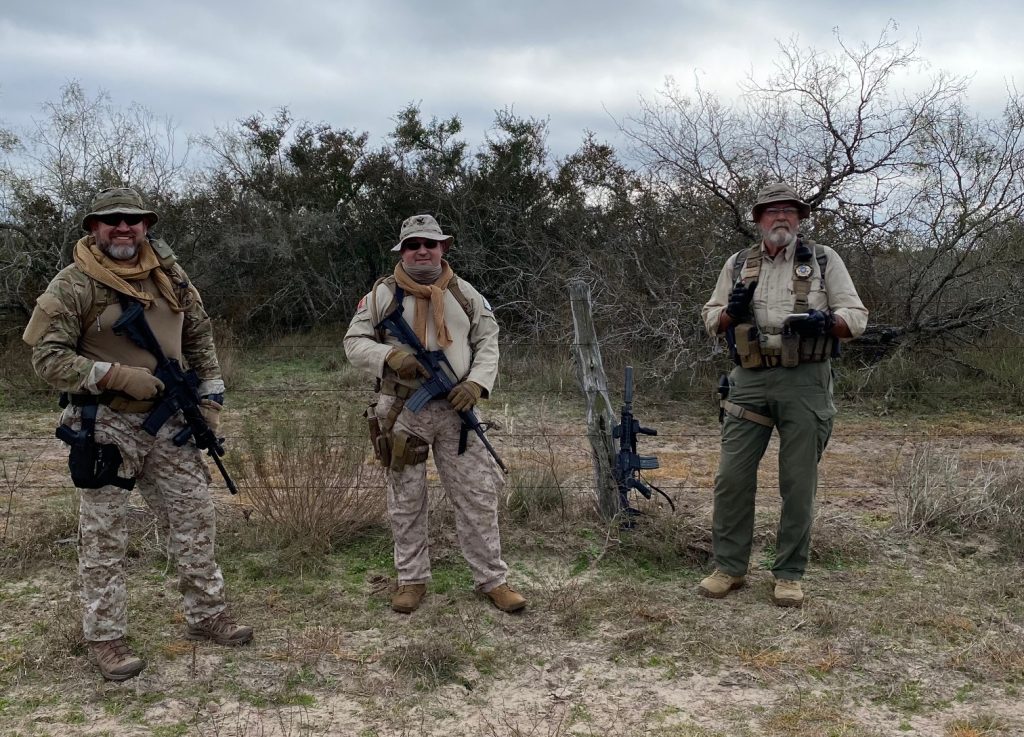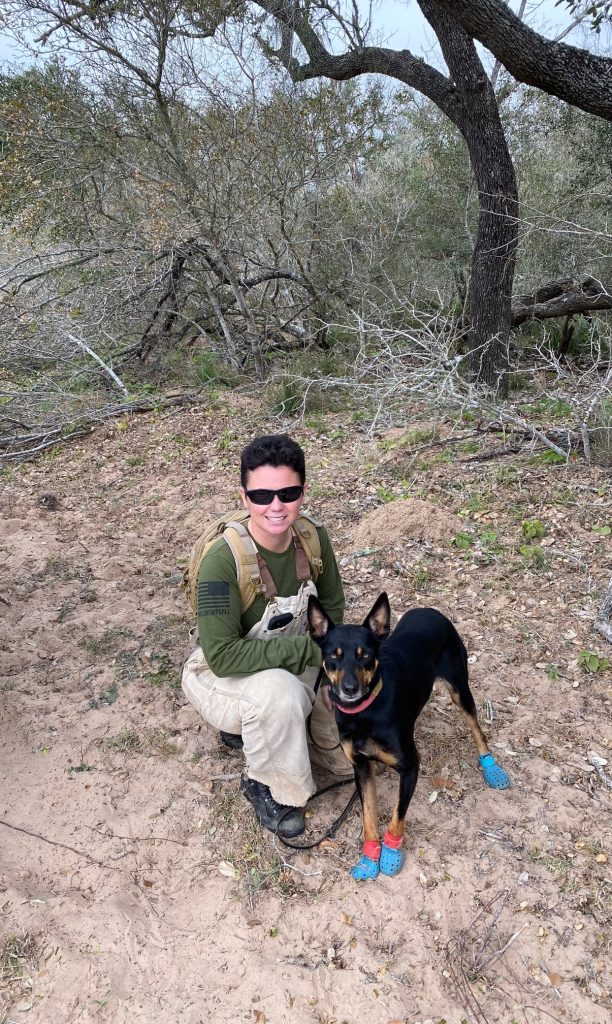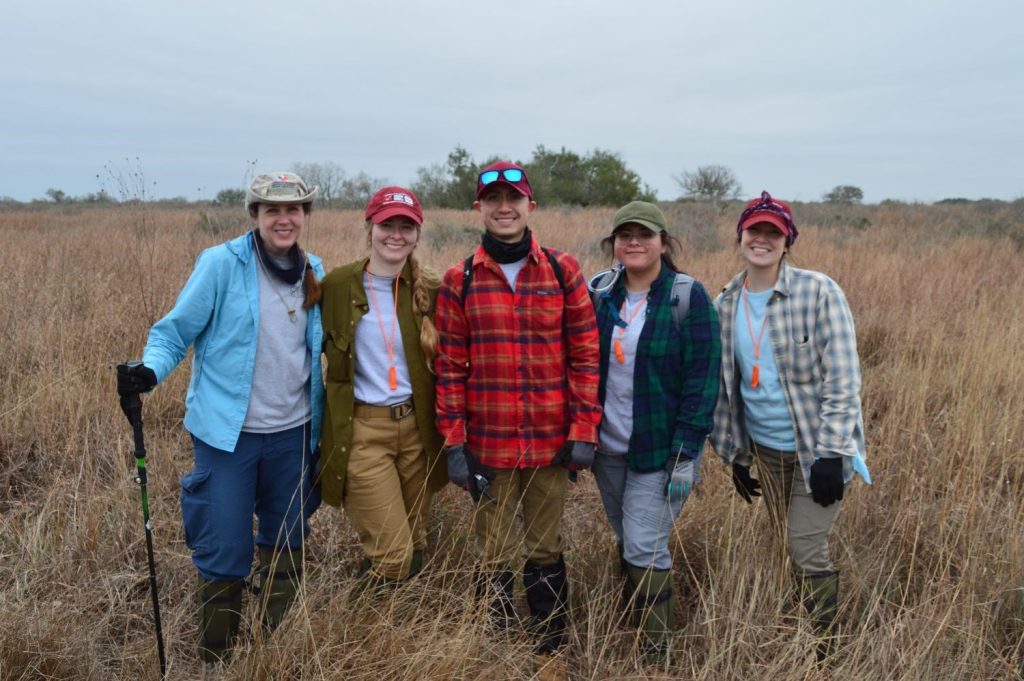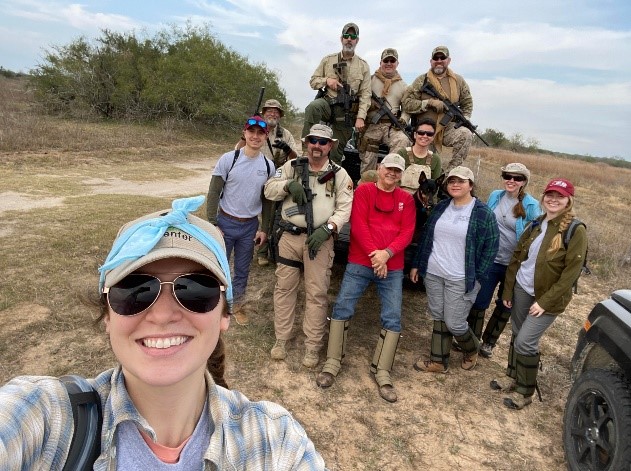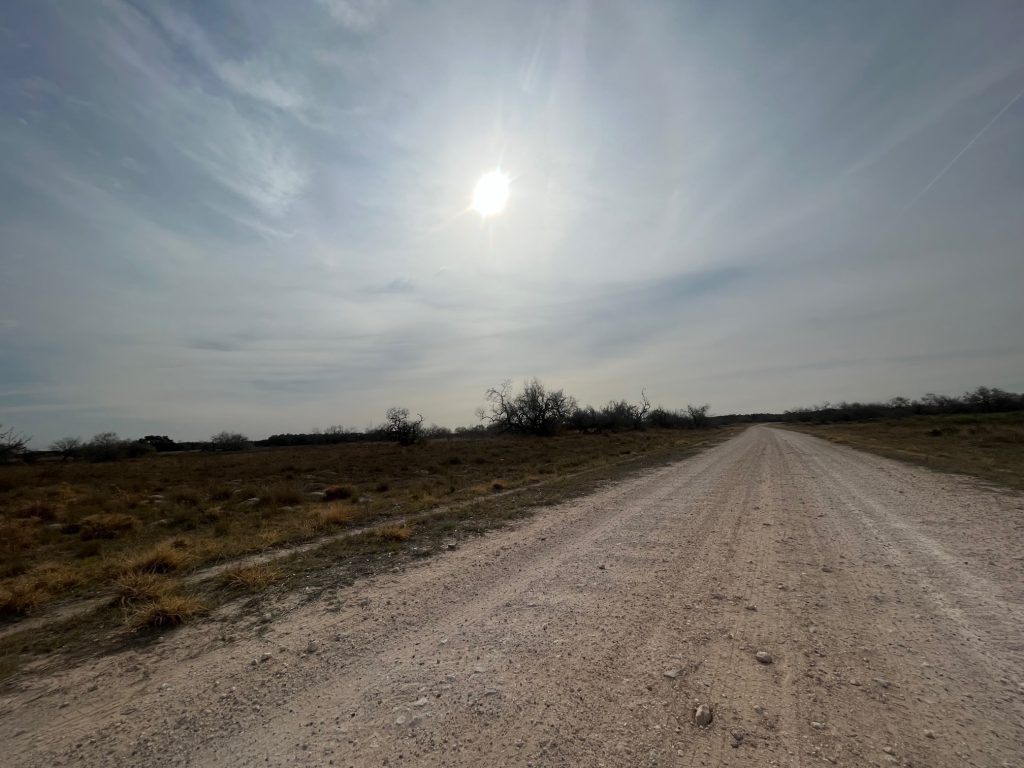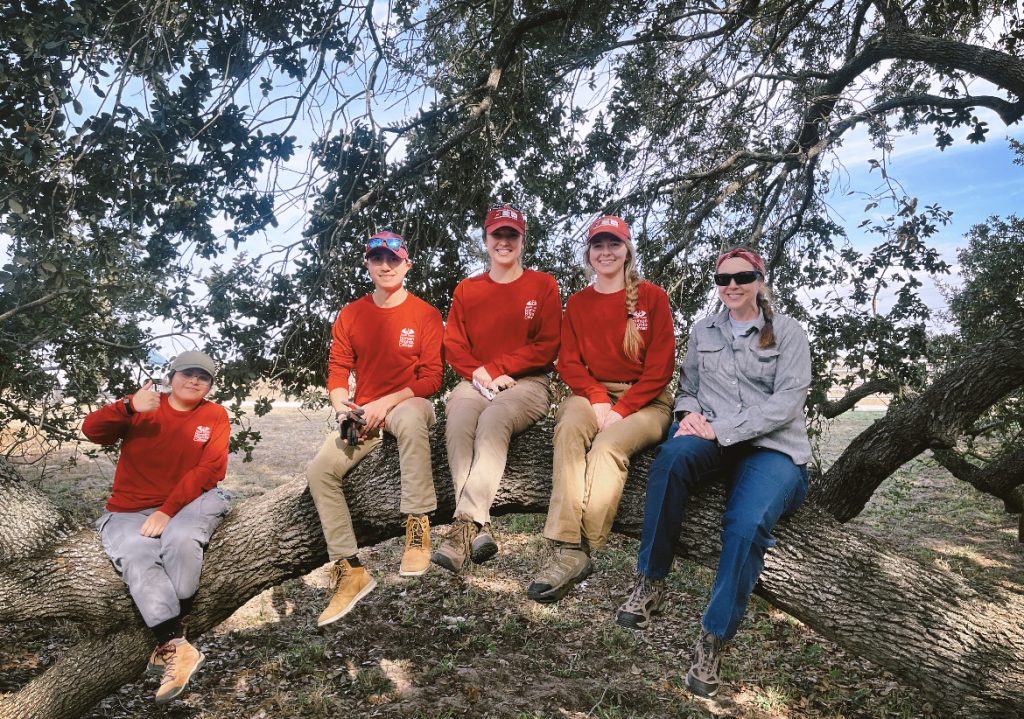It’s hard to believe that in just a few short days, I’ll be heading back to Texas. With all of the hubbub of wrapping up the semester, the trip has managed to sneak up on me and is just around the corner. I couldn’t be more excited, though. I have all of my supplies, and I’m ready to pack my suitcase!
As a returning team member, I have some idea of what to expect, but I also know that each trip is unique and has its own triumphs and challenges. Having gone in January, I think the biggest change is going to be the weather. We were lucky on the previous trip to have pretty mild weather. Going in May, however, is going to be extremely hot and humid. Looking ahead at the weather, we’re going to be working in sunny, 95+ degree days. Just keeping moving is going to be challenging, but what we are doing makes it worth it.
We were also lucky with our environment on the previous trip. The mild weather kept most of the snakes and insects hidden away, and the plants were still dead-ish. This trip is most likely going to be chock-full of slithery snakes, biting/stinging/itching/sucking creepy crawlies, and plants that want to stab you. I firmly believe in the motto “everything in Texas wants to kill you.” I can’t say I’m looking forward to the interactions I’ll have with these things, but I just have to remind myself that everything I’m facing is only for a few hours a day, and I have all of the supplies I could need to face them. The migrants aren’t so lucky. They’ve traveled for days or weeks with little in terms of supplies, and no idea of knowing when and where they will finally end up.
This trip will be a little bittersweet in terms of team members. While I’m sad that Alex and Tanya won’t be on this trip with me, I’m excited I get to work with Jordan and Austin and experience another trip with Izzy. The team dynamic plays a vital role in how successful we are during our time in Falfurrias. Our previous team was a close-knit, well-oiled machine, and I have high hopes that this team can be the same. We get along well on and off campus, and I hope our friendships translate well in the field.
I am also eager to see Don and Eddie again! They are truly awe-inspiring individuals. While they approach the migrant crisis from two different angles (law enforcement vs humanitarian), they do so with the same goal in mind: save as many lives as possible and bring home those who perish along the way. Their dedication and passion for what they do is incredible. I wish everyone could meet and work with them in the ways we get to. We’ll also be reunited with Melissa (and Oakley!) and the guys from Remote Wildlands Search and Recovery. Working with them was a blast, and they also taught me so many things. I’m excited to see and work with all of them again!
Just as with the previous trip, I know the memories I make and experiences I have on this trip will change me and last a lifetime. What we do is just a very, very, very small piece of a much larger picture. I couldn’t be more ready to go!
~ Olivia
